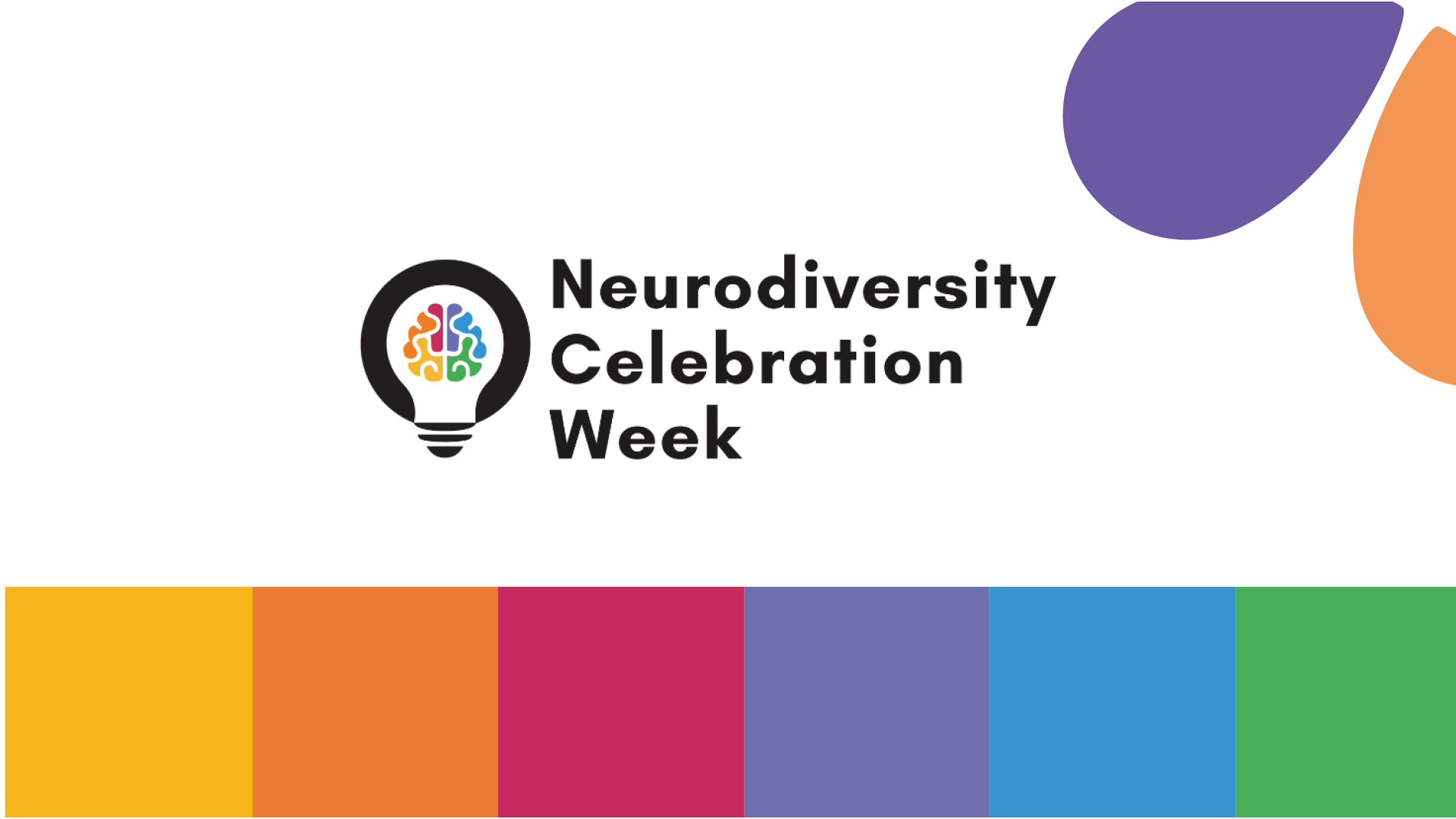Neurodiversity challenges the notion that there is a single “normal” or “typical” way of thinking, feeling, or behaving, and instead recognizes the broad range of human experience and the many ways of being in the world.
Many different traits and abilities that can be associated with neurodivergence, including unique strengths and talents, such as exceptional creativity, pattern recognition, and problem-solving abilities.
Neurodiversity in Australia
Autism is one of the most recognised forms of neurodivergence, and according to the Australian Bureau of Statistics, an estimated 205,200 Australians (or 1 in 150 people) had autism in 2018. Other forms of neurodivergence, such as ADHD, dyslexia, and Tourette syndrome, are also relatively common, and underdiagnosed.
Different forms of neurodivergence, such as autism, ADHD, dyslexia, and Tourette syndrome, have their own diagnostic criteria and assessment tools. These tools may be used to help diagnose and classify individuals based on strengths and weaknesses.
Some people may not have a formal diagnosis of neurodivergence, but still identify as neurodivergent based on their experiences and differences in thinking, feeling, or behaving. The concept of neurodiversity acknowledges that there is a wide range of neurological differences, and that many people may fall somewhere along this spectrum without necessarily having a diagnosis or label.
Neurodiversity and the NDIS
According to the National Disability Insurance Agency (NDIA), as of 31 December 2022, there were a total of 573,342 participants in the National Disability Insurance Scheme (NDIS). Of those participants, 298,174 (or 52% of all participants) had a primary disability of autism or intellectual disability.
However, not all people with neurodivergence are necessarily enrolled in the NDIS, and some people may have multiple disabilities or diagnoses in addition to their neurodivergence. Additionally, the NDIA reports that the term “neurodivergent” is not currently used as a category or classification within the NDIS, and that information on the prevalence of specific neurodivergent conditions may be limited or difficult to ascertain.
Support options for neurodiverse people
The support options for neurodivergent diagnoses can vary depending on the specific condition and the individual’s symptoms and needs. In general, support approaches for neurodivergent diagnoses tend to focus on helping individuals manage their symptoms and improve their quality of life.
Some common support options for neurodivergent diagnoses may include:
- Behavioural and educational interventions: These can include therapies such as cognitive behavioural therapy, and educational interventions for dyslexia or ADHD.
- Supportive therapies: These can include counselling or therapy, occupational therapy, speech therapy, or social skills training, among others. These therapies can help individuals learn coping strategies, improve communication skills, and regulate emotions.
- Assistive technology: For some individuals with neurodivergent diagnoses, assistive technology such as communication devices, sensory aids, or mobility aids can help improve functioning and quality of life.
It’s important to note that support options should be individualised to the specific needs and preferences of each person, and that not all support options will be effective or appropriate for everyone. Additionally, some individuals may choose not to pursue support, and may instead focus on finding ways to accommodate and embrace their differences. The neurodiversity movement emphasises the importance of acceptance and inclusion for people with neurodivergent diagnoses and recognises that there is no “one size fits all” approach to managing the diagnosis.
Care Squared offers assessment and reporting services for people who are seeking direction on a diagnosis or for those who are looking to be assessed for NDIS eligibility for an existing diagnosis.
We also offer many support options for people with an existing diagnosis, including psychology and counselling support, occupational therapy, speech therapy and group therapies that focus on social skills, communications skills and building confidence.
Care Squared Connect can also provide group educational programs to both participants, and carers or support workers who seek to understand more about supporting people living with a neurological diagnosis.
For more information on our services, please complete the referral form on our website or call our Care Squad on 1300 632 639.
